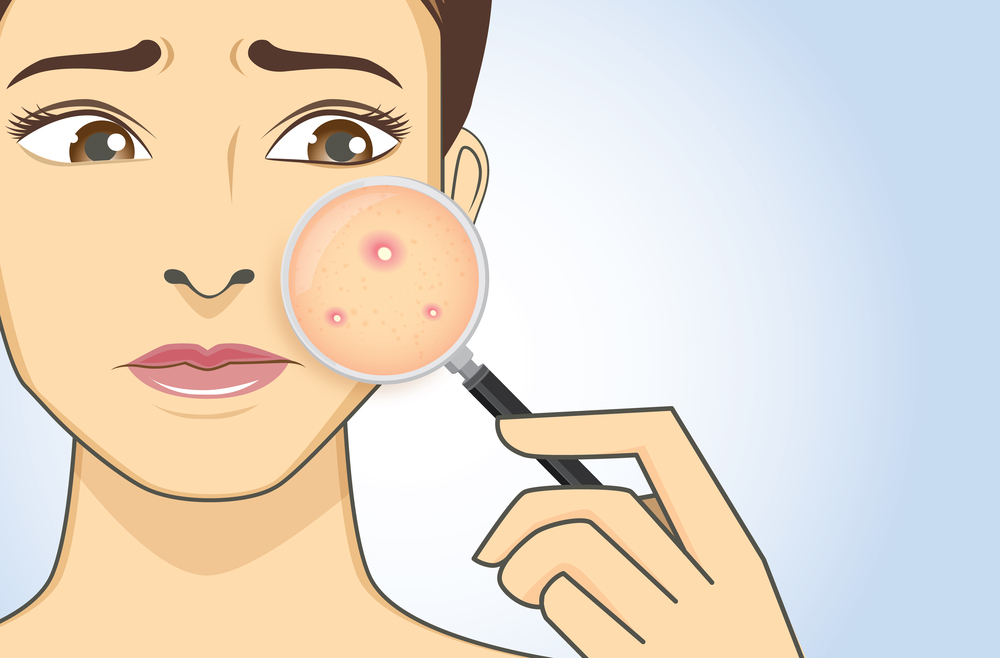Several prevalent studies have given health planners the confidence that India is better positioned to deal with COVID-19. It is also reported that most of the population in India has developed antibodies to fight against the deadly Coronavirus.
However we still need to tighten our seat belts as another wave of COVID aka Third Wave, is about to hit the regions of India anytime soon. If Covid-appropriate behaviour is not followed, a possible third wave of coronavirus disease (Covid-19) could peak between October and November of 2021. It is also said that if a new strain emerges, it can spread faster than expected during the third wave.
When is the third wave of Covid likely to hit India?
Several countries have already witnessed the fourth wave of COVID-19. India is still struggling to overcome the effects of the second wave, while the imminent third wave is projected to hit the country very soon.
Based on the forecast and theories of scientists and doctors the third wave is expected to occur somewhere in the winter months – October and November or early December of this year. The Government of India emphasizes vaccinating the population before Diwali to reduce the threats of the third wave.
Depending on the period from now till November, an aggressive vaccination is likely to reduce the impact of COVID. If the variant is detected early, it can prove to be an advantage.
What do studies say?
According to the latest studies and researches, it is assumed that this third wave might hit the public in the last months of this year i.e. October- November. However, there is no accurate way of confirming the prediction regarding the possible harmful effects of the third wave. The Delta variant and Delta plus variant suggest a possible imposed pressure on the healthcare resources. Moreover, experts also feel that if the COVID-appropriate behavior is followed strictly and people get vaccinated, then this third wave might not prove as deadly as the first two waves.
Symptoms:
Following are the symptoms you need to look out for:
- Nasal congestion
- Fever
- Difficulty in breathing
- Fatigue
- Breathlessness
- Chest pain
- Tastelessness
These are the common symptoms and can be controlled with proper treatment. The doctors are also expecting neurological diseases. These symptoms were commonly visible during the second wave too. Apart from this, the asymptomatic cases may surface as well. Always consult a doctor and follow the necessary treatment for better health.
Scientists are still researching to understand the symptoms of the delta variant but as per records, no concrete information has been detected for the variant yet. Apart from that, the symptoms that are expected to follow during the third wave are quite the same as the third wave and are commonly known to people. By taking the necessary safety precautions, it can be avoided.
Who will it affect the most?
The third wave of COVID has not hit India yet. However several theories have been made to take necessary precautions beforehand. As per the studies, the next wave of COVID will affect mostly the younger age groups.
The studies concluded that a major percentage of the young population the kids have faced and got exposed to the virus in some way or the other. It leads to predicting that they may have produced antibodies and are less likely to experience serious illness. Still, there is no proof that the children will suffer severely in the third attack of this deadly virus.
The deadly effects of the Third Wave of COVID-19
The emergence of the mutants of the virus and the variants like Delta and Delta Plus have been responsible for the increase in the number of cases during the second wave too. If a new variant emerges during this third wave, the current treatment and vaccines might be useless as the new variant is adept to it. As a result, the substantial third wave could be disastrous. It might happen if adequate measures of prevention are not taken within a considerable time.
The lenient behavior of the public towards the pandemic may cause dangerous consequences too. However, if necessary measures are taken properly according to the government guidelines, then the chances of the severity might become less. Consulting a doctor is equally important in case any symptom of COVID-19 is noticed.
Preventive Measures
It is important to follow the government norms set for the welfare of the public. it is safer and wiser to adhere to the rules. Follow these rules for precaution from the third wave of COVID-19:
- Wear a mask
- Maintain social distancing
- Practice proper sanitation
- Get regular health check-ups and proper medications
- Consult your nearest doctor if you experience any of the above-listed symptoms
- Get vaccinated and encourage others too
These measures have been helpful previously too. It is advisable to stick to these measures to avoid the serious impacts of the third wave.
Conclusion
The experts, scientists, and medical professionals have stated that the third wave of coronavirus and its variants like Delta can be tackled successfully. The coverage of vaccination and the exposure rates are the most important elements.
The precautionary measures and arrangement may also provide greater assistance as compared to the second wave. It depends highly on the behavioral patterns of the public towards the dangerous virus and its mutants. Stay at home, follow doctor’s advice, maintain distance and help the nation to overcome the impact of the Third wave of COVID-19.



